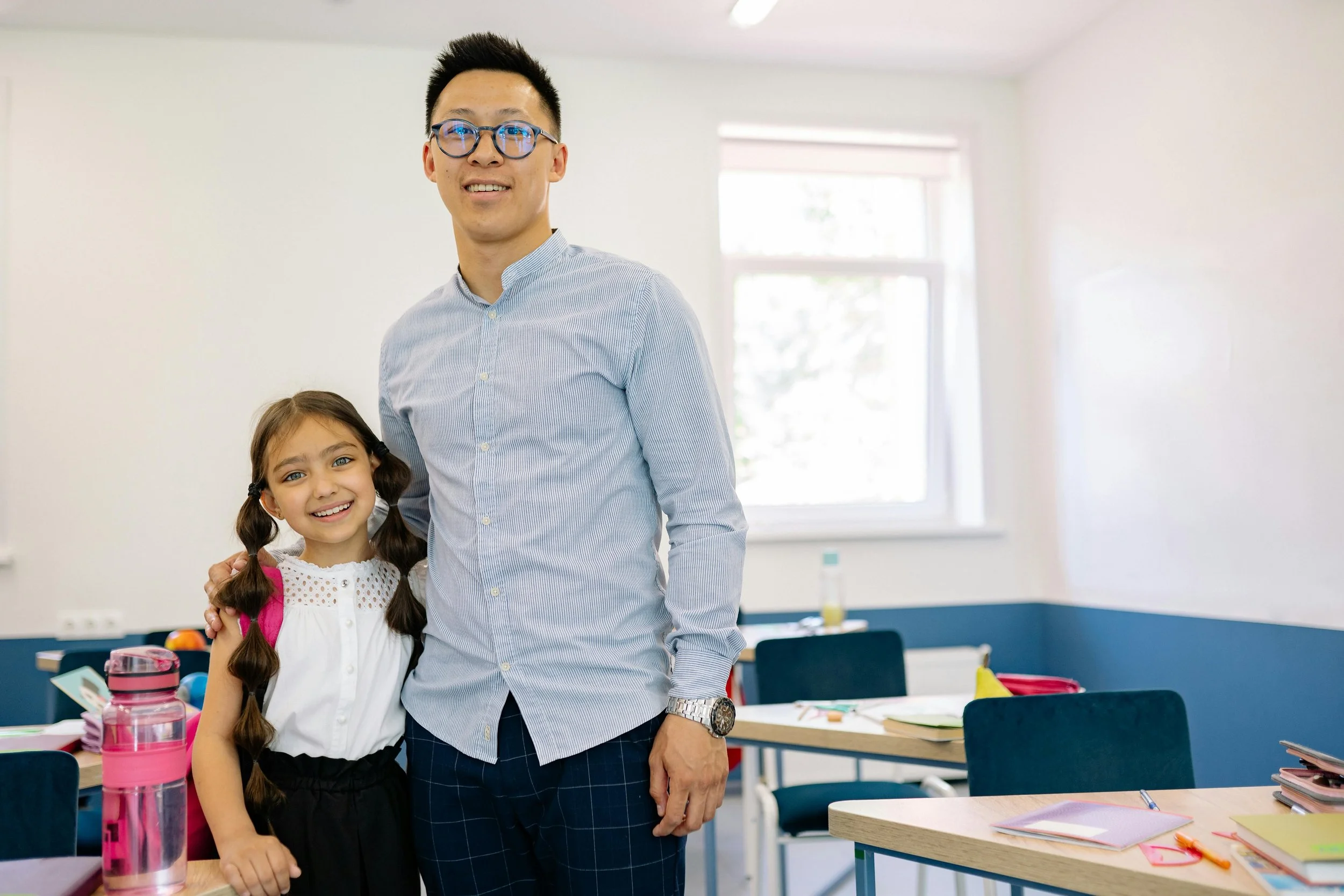Easing back-to-school anxiety: Tips for kids and parents
The back-to-school season can be exciting — new teachers, fresh supplies and the chance to reconnect with friends. But for many kids and parents in New Brunswick, September also brings a wave of anxiety. Whether it’s a child worrying about making friends or a parent feeling overwhelmed by new routines, back-to-school stress is very real and very common.
The good news? There are simple, supportive steps families can take to ease the transition and start the school year with more confidence and calm.
Why Back-to-School Anxiety Happens
Big changes often stir up big feelings. For children and teens, back-to-school anxiety might show up as:
Worrying about fitting in with classmates or making friends.
Fear of the unknown, such as a new school, teacher or schedule.
Academic pressure, even in younger grades.
Separation anxiety, especially for younger children leaving parents or caregivers.
Parents often carry stress too. Managing drop-offs, lunches, homework routines and extracurricular activities—all while balancing work and home life—can feel overwhelming. It’s normal for both kids and adults to feel unsettled during this time of change.
Signs Your Child Might Be Anxious
Anxiety doesn’t always look like worry. Sometimes, it shows up in physical or behavioural ways, such as:
Trouble sleeping the week before school starts.
Complaints of stomach aches or headaches.
Irritability, clinginess or sudden mood swings.
Avoidance (e.g. “I don’t want to go to school”).
Noticing these signs early gives you the chance to provide extra reassurance and support before stress becomes overwhelming.
Tips to Help Kids Ease into the School Year
Here are some gentle strategies to make back-to-school transitions smoother:
1. Talk About It Openly. Encourage your child to share what they’re excited about and what they’re nervous about. Normalize their feelings by letting them know it’s common to feel both.
2. Visit the School Together. If possible, walk through the building, visit the playground or attend orientation sessions. Familiarity can reduce the “unknowns” that fuel anxiety.
3. Establish Routines Early. Start adjusting bedtimes and wake-up times a week or two before school begins. A predictable morning and evening routine helps kids feel safe and prepared.
4. Practice Coping Tools. Simple breathing exercises, drawing, journaling or using a comfort object can help children calm themselves when worries rise.
5. Celebrate Small Wins. Recognize their courage for each new step they take, whether it’s packing their own bag, walking into class or making a new friend.
Supporting Parents Through the Transition
Parents need support, too. Here are a few reminders for caregivers navigating the season:
Give yourself grace: It’s okay if mornings don’t go perfectly. Adjustments take time.
Stay connected with other parents: Sharing stories can reduce feelings of isolation.
Model calm coping: Kids pick up on parental stress. Showing your own healthy strategies teaches them resilience.
Reach out if you need support: Sometimes, a conversation with a counsellor can help you manage your own stress, which in turn helps your child.
When to Seek Extra Help
If your child’s anxiety continues for weeks, gets worse, or interferes with their ability to attend school or enjoy daily life, it may be time to reach out for additional support. Counselling can provide both children and parents with strategies to cope more effectively.
At Just Us, we offer free and low-cost mental health support for families in New Brunswick. Whether you’re looking for a space for your child to talk, or you need guidance as a parent, we’re here to listen and help.
You’re Not Alone
Back-to-school anxiety is common, but it doesn’t have to overshadow the year ahead. With open communication, supportive routines and the right resources, kids and parents can face September with more confidence and peace of mind.
This fall, remember—you don’t need to have it all figured out. Reaching out for support is a sign of strength, and help is always available.
If your family could use a little extra support this back-to-school season, book an appointment today. Together, we can make the transition smoother for both kids and parents.

